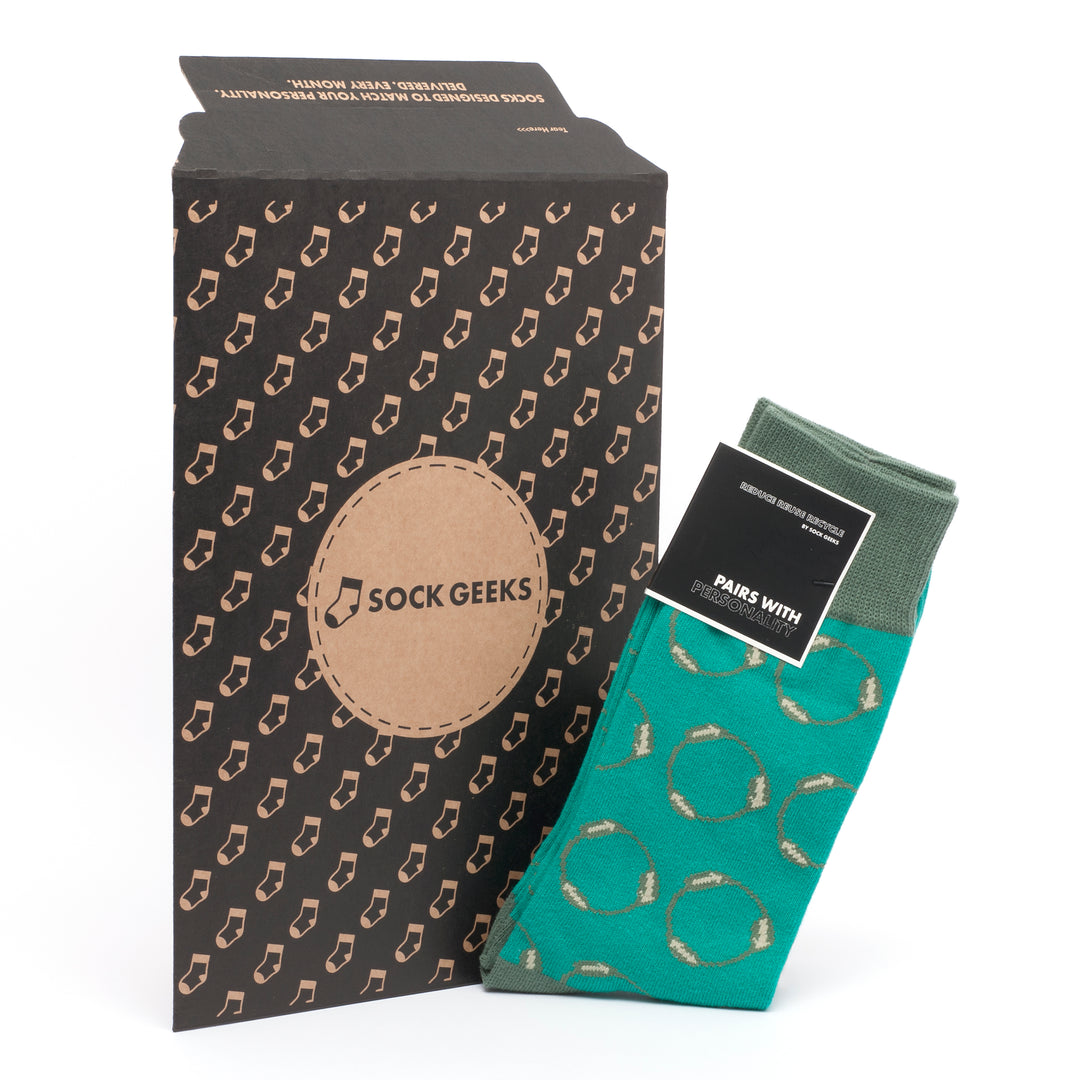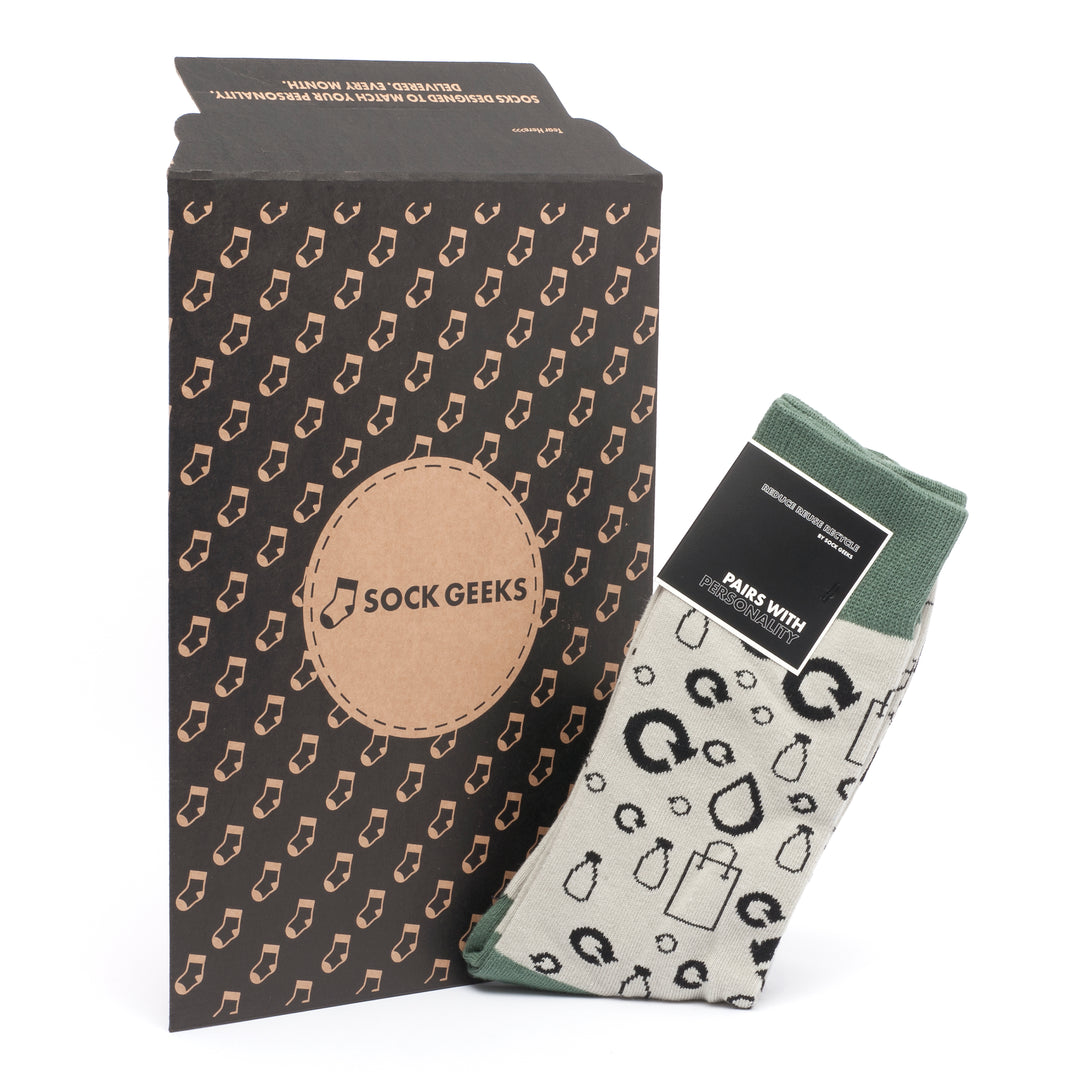Seoul International Sock Exchange: Historical Evolution & Market Trends
Did you know that the Seoul International Sock Exchange is revolutionising the sock industry? With a platform that connects sock enthusiasts worldwide, this exchange offers a unique opportunity for traders to buy and sell exclusive sock designs from around the globe. Imagine having access to limited edition socks from top designers at your fingertips. Whether you're a collector or looking to invest in the next big trend, the Seoul International Sock Exchange is the place to be.
Historical Evolution of the Exchange
Integration Process
The formation of Korea Exchange in 1956 resulted from the integration process. This process merged several exchanges, including the Seoul Stock Exchange and the Korea Futures Exchange.
Significance of Divisions
Within Korea Exchange, the Stock Market Division plays a vital role in trading stocks. It ensures smooth transactions and price discovery for listed companies. The KOSDAQ Market Division focuses on small and medium-sized enterprises, fostering growth and innovation. The Derivatives Market Division deals with futures and options trading, offering risk management tools for investors.
Trading Hours and Operational Days
Korea Exchange operates from Monday to Friday. The trading hours are divided into multiple sessions: pre-opening, regular session (morning and afternoon), closing auction, and post-closing session. This structured approach allows for efficient trading activities throughout the day.
Overview of Traded Instruments
KOSPI Market Division
The Seoul International Stock Exchange offers a diverse array of instruments in the KOSPI Market Division. Investors can trade in Stocks, Bonds, ETFs, ELWs, and REITs. This variety caters to different investment preferences and risk appetites.
KOSDAQ Market Division
In contrast, the focus within the KOSDAQ Market Division is primarily on Stocks. This exclusive emphasis on stocks provides investors with a more concentrated market for equity trading, allowing for targeted investment strategies and opportunities.
Derivatives Market Division
Within the Derivatives Market Division, traders engage in specific index instruments such as KOSPI 200 Index Futures and KOSTAR Futures. These instruments offer exposure to broader market movements and allow investors to hedge against risks or speculate on future price directions.
Key Players and Their Roles
Sohn Byung-doo
Sohn Byung-doo, the Chairman & CEO of Korea Exchange, plays a pivotal role in steering the Seoul International Sock Exchange. His leadership and strategic decisions significantly influence the exchange's operations and growth trajectory. As a key figure, Sohn Byung-doo oversees the overall management, sets strategic goals, and ensures regulatory compliance within Korea Exchange.
Other Key Players
Within Korea Exchange, various individuals hold crucial positions that contribute to the efficient functioning of the Seoul International Sock Exchange. These key players include market analysts, traders, compliance officers, and technology specialists. Market analysts are responsible for monitoring trends and providing insights to investors. Traders execute buy and sell orders, ensuring liquidity in the market. Compliance officers ensure adherence to regulations, safeguarding investor interests. Technology specialists maintain the exchange's infrastructure, enabling seamless trading operations.
The roles of these key players are interlinked and essential for maintaining market integrity and investor confidence. Their collective efforts drive innovation, enhance transparency, and foster trust in the Seoul International Sock Exchange.
Navigating Trading Regulations
Korea Exchange
The Seoul International Stock Exchange operates under the regulations set by the Korea Exchange, ensuring fair and transparent trading practices. Understanding these regulations is crucial for all market participants.
Trading regulations play a pivotal role in maintaining market stability and investor confidence. Adherence to these rules fosters a level playing field, preventing market manipulation and unfair practices.
Investor behaviour and market dynamics are significantly influenced by trading regulations. Strict enforcement of these rules promotes trust in the market, attracting more investors and enhancing liquidity.
Importance of Compliance
Compliance with trading regulations is not just a legal requirement but a fundamental aspect of ethical trading. Ensuring compliance protects investors from fraudulent activities and safeguards the integrity of the financial markets.
Non-compliance can lead to severe consequences such as fines, suspension, or even legal actions. Educating oneself on these regulations is essential for both individual traders and institutional investors.
Impact of Global Economic Events
Market Trends
Global economic events have a significant impact on the Seoul International Sock Exchange (SISE), influencing market trends and performance. The exchange is not immune to the fluctuations caused by worldwide economic shifts.
These events can lead to volatility, affecting trading volumes and prices on the exchange. For instance, during the 2008 financial crisis, the SISE experienced a sharp decline in stock prices, reflecting the global economic downturn.
Case Studies
- Pros: Improved liquidity due to increased trading activities; Opportunities for investors to capitalise on market movements.
- Cons: Heightened risks and uncertainties for traders; Potential for sudden market crashes impacting investor portfolios.
Exploring past global economic events like the Dotcom Bubble or the Asian Financial Crisis provides valuable insights into how external factors shape the exchange's dynamics. These instances highlight the interconnectedness of global markets and how developments in one region can reverberate across continents.
Trends Influencing Market Performance
Market Criteria
Market criteria play a pivotal role in shaping the performance of the Seoul International Sock Exchange. Investors closely monitor various criteria to gauge market health and make informed decisions. Factors such as economic indicators, company earnings reports, and geopolitical events significantly impact market trends.
Investors keenly observe criteria like interest rates, inflation levels, and employment data to assess the overall economic landscape. Positive economic indicators often lead to increased investor confidence, driving market performance upwards. Conversely, negative criteria can trigger market volatility and downturns.
Investor Sentiment
Investor sentiment is another key factor influencing market trends on the Korea Exchange. The collective mood and outlook of investors can sway stock prices and trading volumes. Positive news or developments can boost sentiment, leading to bullish markets, while negative events may result in a bearish outlook.
Investor sentiment can be influenced by a myriad of factors, including corporate earnings, industry trends, regulatory changes, and global economic conditions. Understanding and analysing sentiment shifts are crucial for investors looking to navigate market fluctuations effectively.
Exploring Related Financial Sources
Total Assets
The Seoul International Sock Exchange boasts substantial total assets, a key indicator of its financial stability and market influence. These assets encompass a diverse range of investments, providing a solid foundation for trading activities.
Interest
Interest rates play a pivotal role in shaping investment decisions within the exchange. They directly impact borrowing costs, influencing traders' strategies and market dynamics. Understanding interest rate movements is crucial for navigating the exchange effectively.
International Liquidity Partners
Collaborating with international liquidity partners enhances the exchange's global reach and accessibility. By fostering relationships with foreign entities, the exchange can tap into new markets, diversify investment opportunities, and boost overall liquidity.
Categories
Diverse categories of financial instruments are traded on the exchange, catering to varying investor preferences and risk profiles. From stocks to derivatives, these categories offer a wide array of investment avenues, contributing to market vibrancy and depth.
Future Outlook for the Exchange
Growth Opportunities
The Seoul International Stock Exchange (SISE) may experience substantial growth in the coming years. With advancements in technology and global connectivity, the exchange is poised to attract more international investors. This influx of capital can lead to increased liquidity and trading volumes, benefiting both local and foreign market participants.
Challenges Ahead
However, SISE may also face challenges such as regulatory changes, geopolitical uncertainties, and market volatility. These factors could impact investor confidence and hinder the exchange's growth potential. It is crucial for SISE to adapt swiftly to these challenges by implementing robust risk management practices and staying abreast of global economic trends.
Future Strategies
To ensure long-term sustainability and expansion, SISE is planning strategic initiatives. These include enhancing technological infrastructure for faster trade execution, diversifying product offerings to attract a wider range of investors, and strengthening partnerships with other international exchanges. By embracing innovation and agility, SISE aims to remain competitive in the evolving financial landscape.
Closing Thoughts
Reflect on the rich history, diverse instruments, key players, regulations, global events' impact, market trends, financial sources, and future prospects of the Seoul International Sock Exchange. Consider how these aspects intertwine to shape a dynamic marketplace with vast potential for growth and innovation. As you delve deeper into this exchange's intricacies, seize the opportunity to explore further avenues for investment and strategic decision-making within the global financial landscape.
Frequently Asked Questions
What is the historical significance of the Seoul International Sock Exchange?
The Seoul International Sock Exchange has a rich history dating back to [year], playing a pivotal role in the region's economic growth and global trade. It has evolved into a key player in the international financial market.
How can investors benefit from trading on the Seoul International Sock Exchange?
Investors can access a diverse range of traded instruments, including stocks, bonds, commodities, and derivatives. The exchange provides opportunities for portfolio diversification, potential higher returns, and exposure to emerging markets in Asia.
Who are the main participants in the Seoul International Sock Exchange and what roles do they play?
Key players include brokers, traders, regulators, and listed companies. Brokers facilitate transactions, traders execute trades, regulators ensure compliance with trading regulations, and listed companies offer shares for public trading.
What are some key trends influencing market performance on the Seoul International Sock Exchange?
Market performance is influenced by factors such as technological advancements, geopolitical events, economic indicators, and investor sentiment. Understanding these trends can help investors make informed decisions and navigate market volatility effectively.




















Leave a comment